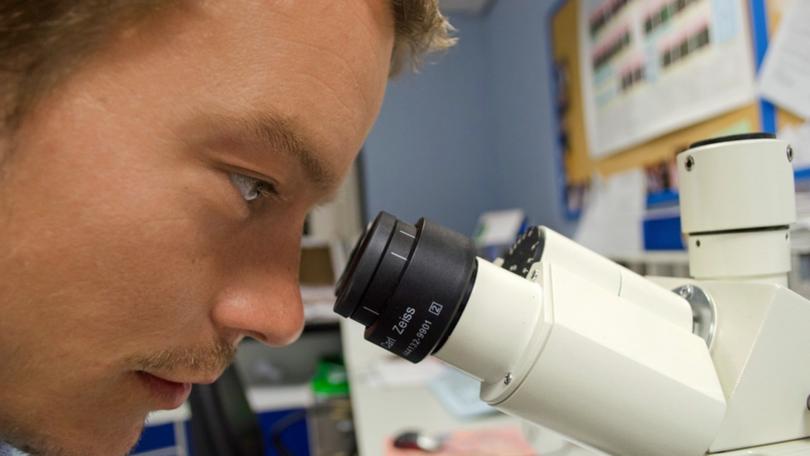Discovery of the body’s ‘activity switch’ could lead to an exercise pill that gets us moving
Scientists say they have found a ‘switch’ in our bodies that increases the desire to do more exercise.

Scientists say they have found a ‘switch’ in our bodies that increases the desire to do more exercise.
Unfortunately, there is less of the activity-boosting protein that they have identified in those of us who are obese.
But they say their finding could potentially lead to the development of a drug that motivates us to work up a sweat.
Sign up to The Nightly's newsletters.
Get the first look at the digital newspaper, curated daily stories and breaking headlines delivered to your inbox.
By continuing you agree to our Terms and Privacy Policy.Data obtained in mice and humans revealed that when muscles contract repeatedly and intensely, certain mechanisms kick into place to trigger the production of a protein called IL-15.
This protein has a direct effect on the part of the brain that controls movement.
A rise of this protein in the blood signals to the brain to increase motor activity, which made the mice in the study become voluntarily more active.
In humans, a rise in IL-15 levels was also detected in the blood after exercise. Obese patients who exercised showed lower values of this protein, suggesting that they were less motivated to continue moving.
The researchers said this result suggests it ‘may be possible to develop drugs for people especially in need of the benefits that come from exercise but are reluctant to do it’.
They said the next step would be to confirm that IL-15 is a blood marker of the desire to exercise.
Author Guadalupe Sabio, from the Spanish National Research Center, said: ‘We have discovered a muscle-brain pathway that controls the eagerness to train more when we exercise.
‘‘[It] is one of those responsible – as there must be several – for the fact that, when we exercise, we experience the impulse to train even more,’’ Mr Sabio said.
The findings were published in the journal Science Advances.
Other research has shown that even simple exercise – such as meeting a daily step goal – can help prevent major illnesses.
A team from Vanderbilt University Medical Centre in the United States found that taking more than 8,200 steps a day – the equivalent of walking around four miles – protected against the likes of obesity, sleep apnoea, high blood pressure and major depressive disorder.
